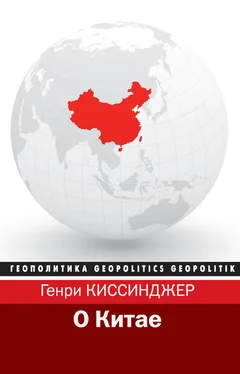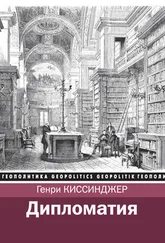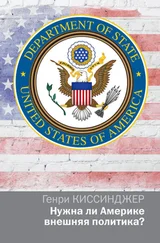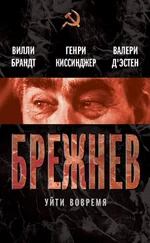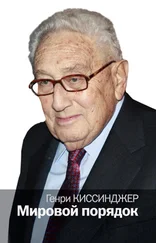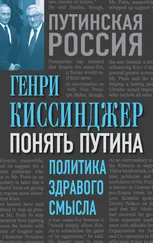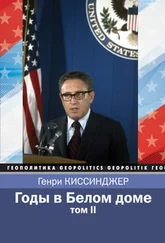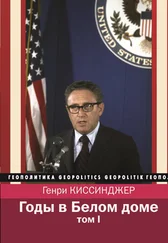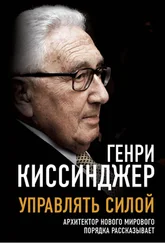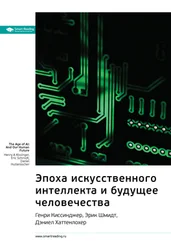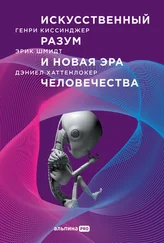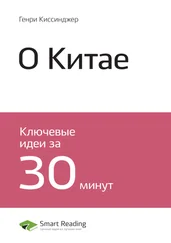«Text of the Joint Resolution on the Defense of Formosa: February 7, 1955», Department of State Bulletin, vol. 32, no. 815 (Washington, D.C.: U. S. Government Printing Office, 1955), 213.
«Editorial Note», в: John P. Glennon, ed., Foreign Relations of the United States (FRUS), vol. 19, National Security Policy, 1955–1957 (Washington, D.C.: U. S. Government Printing Office, 1990), 61.
Suettinger, «U.S. „Management“ of Three Taiwan Strait „Crises“», 258.
Strobe Talbott, перевод и изд., Khrushchev Remembers: The Last Testament (Boston: Little, Brown, 1974), 263.
«Memorandum of Conversation of N. S. Khrushchev with Mao Zedong, Beijing: 2 October 1959», Cold War International History Project Bulletin 12/13 (Washington, D.C.: Woodrow Wilson International Center for Scholars, Fall/Winter 2001), 264.
Jung Chang and Jon Halliday, Mao: The Unknown Story (New York: Random House, 2005), 389–390.
Zhang Baijia and Jia Qingguo, «Steering Wheel, Shock Absorber, and Diplomatic Probe in Confrontation: Sino-American Ambassadorial Talks Seen from the Chinese Perspective», в: Robert S. Ross and Jiang Changbin, eds., Re-examining the Cold War: U.S.-China Diplomacy, 1954–1973 (Cambridge: Harvard University Press, 2001), 185.
Steven Goldstein, «Dialogue of the Deaf? The Sino-American Ambassadorial-Level Talks, 1955–1970», в: Ross and Jiang, eds., Re-examining the Cold War, 200. Для ознакомления с интересной историей переговоров и привлечения как китайских, так и американских см. Yafeng Xia, Negotiating with the Enemy: U.S.-China Talks During the Cold War, 1949–1972 (Bloomington: Indiana University Press, 2006).
«Text of Rusk's Statement to House Panel on U. S. Policy Toward Communist China», New York Times (April 17,1966), доступно в: ProQuest Historical Newspapers (1851–2007).
Там же.
Talbott, перевод и изд., Khrushchev Remembers, 249.
Lorenz M. Luthi, The Sino-Soviet Split: Cold War in the Communist World (Princeton: Princeton University Press, 2008), 38.
Октябрьская революция — захват большевиками власти в октябре 1917 года.
Stuart Schram, The Thought of Mao Tse-Tung (Cambridge: Cambridge University Press, 1989), 113.
Там же. С 149.
Liithi, The Sino-Soviet Split, 50, цитируется авторский обзор китайского сборника материалов для внутреннего пользования за 1956 год и Wu Lengxi, Shinian lunzhan, 1956–1966: ZhongSu guanxi huiyilu [Ten Years of Debate, 1956–1966: Recollections of Sino-Soviet Relations] (Beijing: Zhongyang wenxian, 1999), (мемуары бывшего руководителя официального новостного агентства Китая Синьхуа).
Там же. С. 62–63.
Li Zhisui, The Private Life of Chairman Мао, перевод Tai Hung-chao (New York: Random House, 1994), 261–262.
Talbott, перевод и изд., Khrushchev Remembers, 255.
Там же.
Там же. С. 260.
«Playing for High Stakes: Khrushchev speaks out on Mao, Kennedy, Nixon and the Cuban Missile Crisis», LIFE 69, no. 25 (December 18, 1970), 25.
Националистическая партия, известна также как партия Гоминьдан.
«First conversation between N. S. Khrushchev and Mao Zedong: 7/31/1958», Cold War International History Project: Virtual Archive, Woodrow Wilson International Center for Scholars, доступно на сайте: www.cwihp.org.
Там же.
Там же.
William Taubman, Khrushchev: The Man and His Era (New York: WW Norton, 2003), 392.
«Discussion Between N. S. Khrushchev and Mao Zedong: October 03, 1959», Archive of the President of the Russian Federation (APRF), fond 52, opis 1, delo 499, listy 1–33, trans. Vladislav M. Zubok, Cold War International History Project: Virtual Archive, Woodrow Wilson International Center for Scholars, доступно на сайте: www.cwihp.org.
Там же.
Liithi, The Sino-Soviet Split, 101; Wu Lengxi, «Inside Story of the Decision Making During the Shelling of Jinmen» (Zhuanji wenxue [BiographicalLiterature], Beijing, no. 1, 1994), в переводе и перепечатке в: Li Xiaobing, Chen Jian, and David L. Wilson, eds., «Mao Zedong's Handling of the Taiwan Straits Crisis of 1958: Chinese Recollections and Documents», Cold War International History Project Builetin 6/7 (Washington, D.C.: Woodrow Wilson International Center for Scholars, Winter 1995), 213–214.
Wu, «Inside Story of the Decision Making During the Shelling of Jinmen», 208.
Там же. С. 209–210.
Gong Li, «Tension Across the Taiwan Strait in the 1950s: Chinese Strategy and Tactics», в: Ross and Jiang, eds., Re-examining the Cold War, 157–158; Chen Jian, Mao's China and the Cold War (Chapel Hill: University of North Carolina Press, 2001), 184.
Chen, Mao's China and the Cold War, 184–185.
«Statement by the Secretary of State, September 4, 1958», in Harriet Dashiell Schwar, ed., Foreign Relations of the United States (FRUS), 1958–1960, vol. 19, China (Washington, D.C.: U. S. Government Printing Office, 1996), 135.
«Telegram from the Embassy in the Soviet Union to the Department of State, Moscow, September 7, 1958, 9 p.m.», FRUS 19, 151.
Dwight D. Eisenhower, «Letter to Nikita Khrushchev, Chairman, Council of Ministers, U.S.S.R., on the Formosa Situation: September 13, 1958», no. 263, Public Papers of the Presidents of the United States (Washington, D.C.: U. S. Government Printing Office, 1960), 702.
Andrei Gromyko, Memoirs (New York: Doubleday, 1990), 251–252.
Luthi, The Sino-Soviet Split, 102.
Там же. С 102–103.
«Telegram from the Embassy in the Soviet Union to the Department of State, September 19, 1958, 8 p.m.», FRUS 19, 236.
«Discussion Between N. S. Khrushchev and Mao Zedong: October 03, 1959».
Читать дальше
Конец ознакомительного отрывка
Купить книгу
